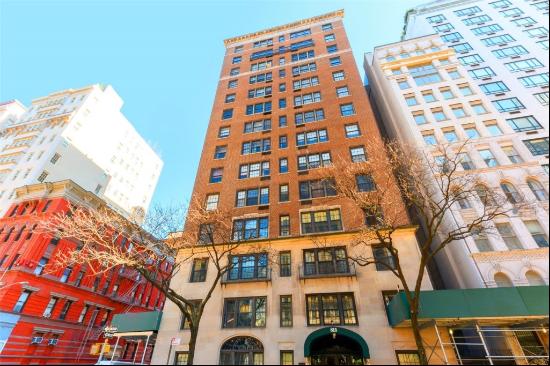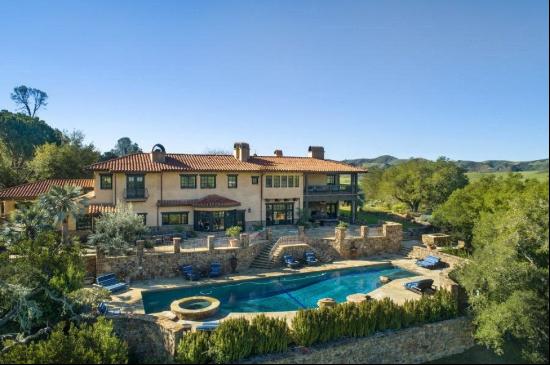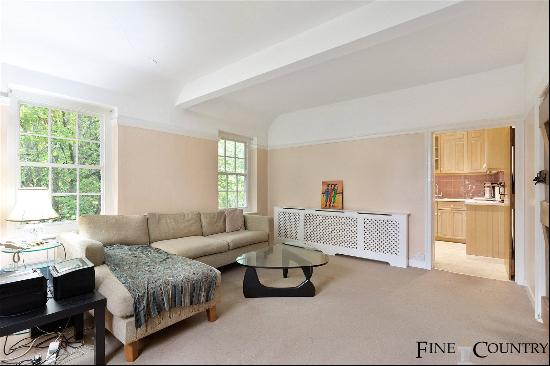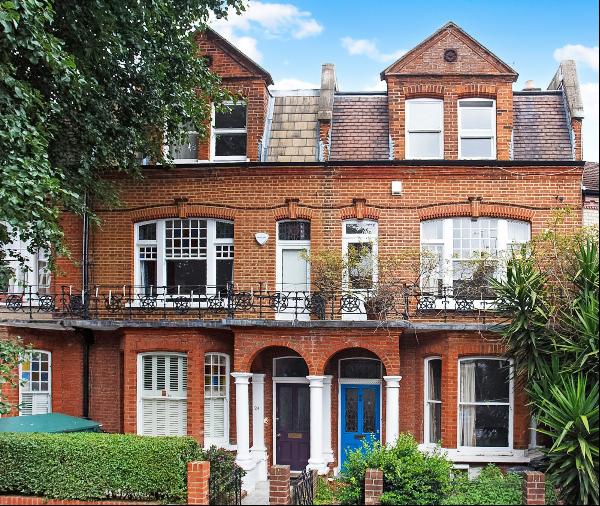
By Kate Worsley
As a child, I was obsessed with the Little House on the Prairie books. My family moved up and down England when I was young, and the many and various homesteads of the young Laura Ingalls Wilder must have struck a chord. Sometimes I think I know her homes as well as my own.
Then I saw Andrew Dominik's 2007 film, The Assassination of Jesse James by the Coward Robert Ford, and I realised I'd outgrown those homespun cottage-core fantasies: the whittled whatnot shelf, the gingham curtains, the cellar full of jam and pickles. What I wanted now was the hero's close-boarded bungalow on the crest of a hill, exquisite in its bare-bones sketch of well-to-do domesticity: the talcum and lilac on the pillowcases, the huge windows, the knocked-back palette of cream and iron and polished wood, only a porch for shade and a rough fence between the house and the muddied ruts of Woodland Avenue.
What is it about these brave little 19th-century American rural homes that wrings the heart? Built with bare hands, defended against all comers; no more than a thin line around the idea of home — the thickness of a sawn plank — to conjure up safety and security like a magic spell.
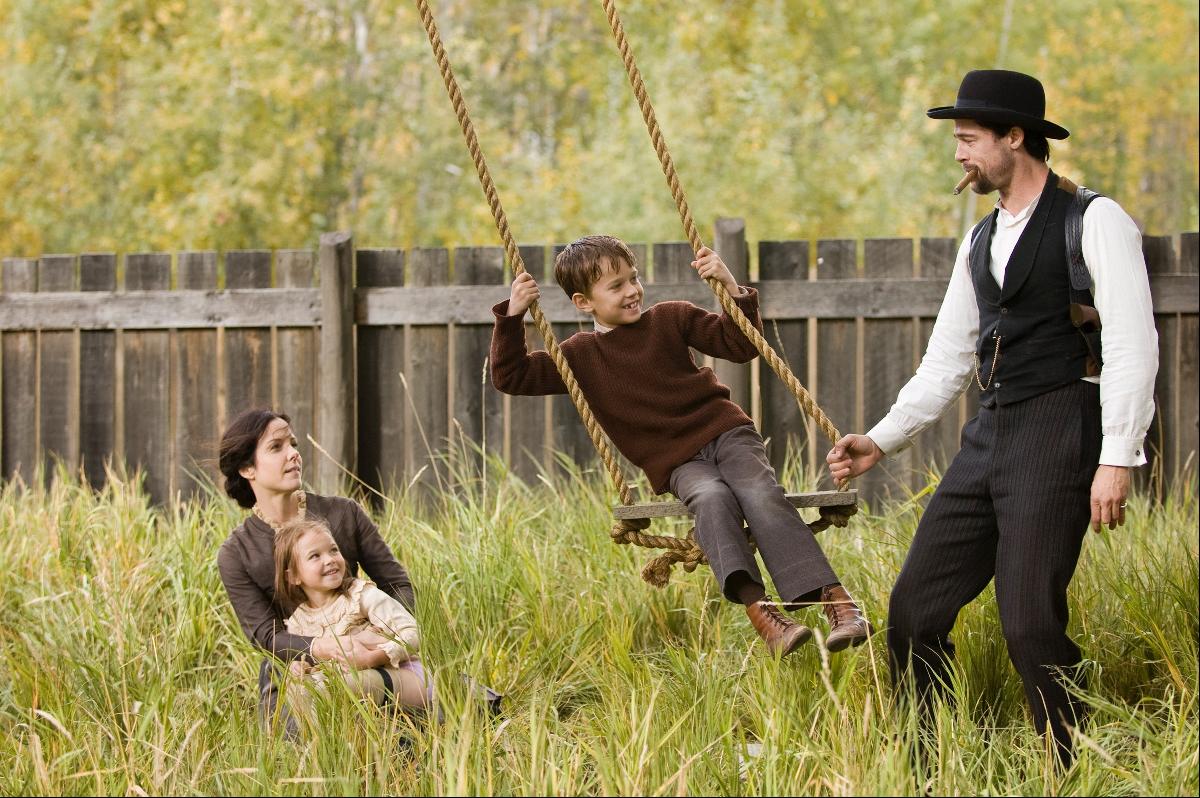
I can draw the line of my obsession right through endless close readings of gold rush diaries and the writings of explorer Isabella Bird, James Agee’s book with Walker Evans’s photographs, Let us Now Praise Famous Men, the photographs of Sally Mann, to the audacious prairie palace in Terrence Malick's Days of Heaven (itself a visual source for Dominik).
These homesteads have not yet found their way into my own writing (my current project is set in a Swiss sanatorium). But the back-breaking, back-to-the-land dream is one shared by the 1930s smallholder protagonists of my most recent novel, Foxash.
I know full well that to think of such homes as idyllic is as much of a nursery tale as The Three Little Pigs. Anyone who's ever owned so much as a beach hut knows the inevitable encroachment of shifting dirt, the mysterious leak, or the cloud of stinging insects when you wrench open the warped door.
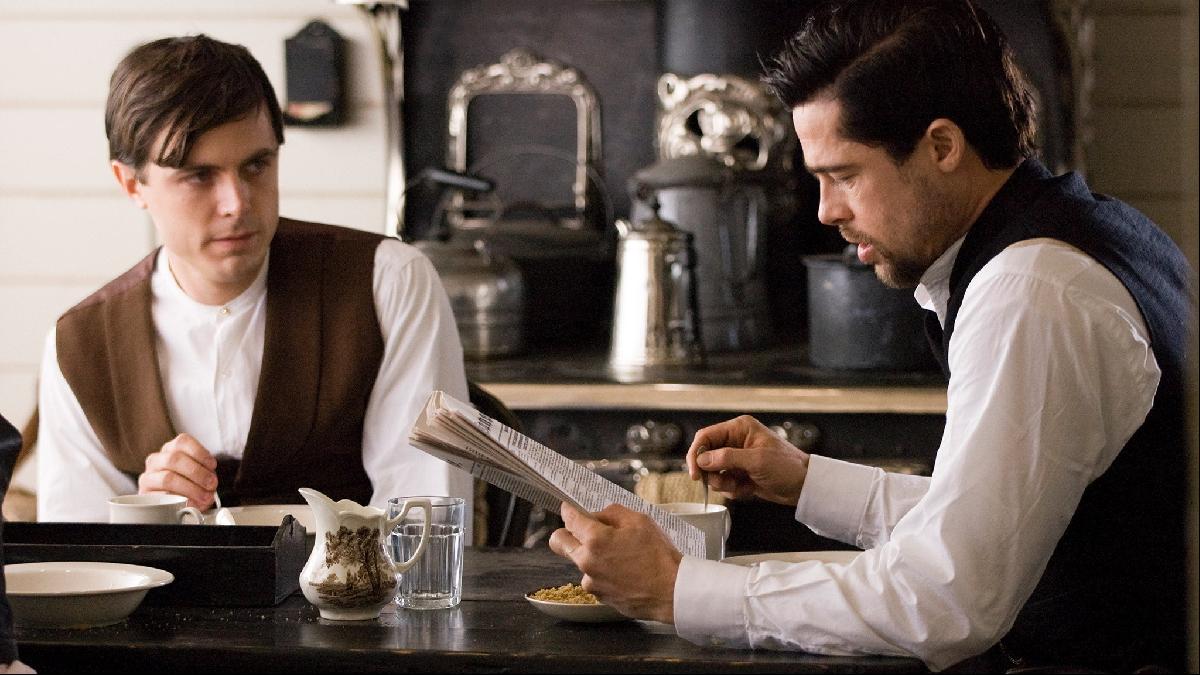
Yet I still nurse a powerful lust for elements of that wholesome fantasy. The veranda, the root cellar, the boarded attic; the low syrupy light through the sash and the wide horizon beyond. Often, I dream of what Jesse is never able to fully enjoy without gnawing anxiety or dread, and what seems to me the pinnacle of domestic achievement, that hard-earned moment of conscience-free repose.
For on April 3 1882, James (played by Brad Pitt in the movie) will be shot dead by his fellow gang member Bob Ford (Casey Affleck), and it will be Jesse's wife who must turn the key in the lock to keep the children out while she washes the blood off the walls, who must pack what she can, sell what she must and move on once more.
Kate Worsley’s latest novel ‘Foxash’ will be published in April by Tinder Press Headline
Photography: Moviestore Collection/Alamy; Pictorial Press/Alamy



